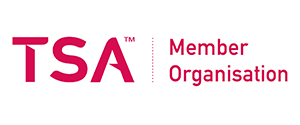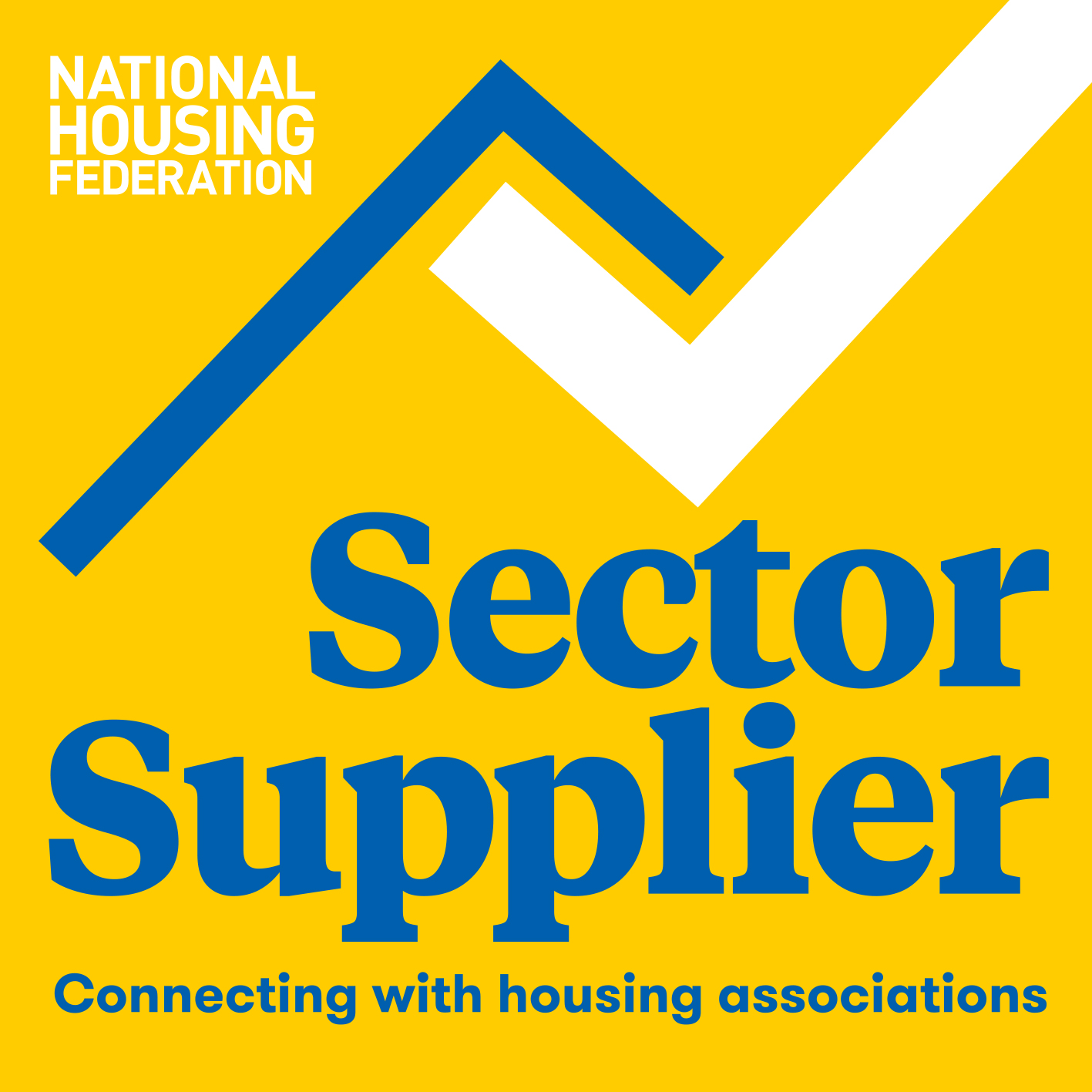News from Alertacall plus articles and insights on how to enhance outcomes for people with higher needs in the housing, health and social care sectors.
A year on from the first national lockdown in March 2020, it is worth reflecting on just how much has changed in the course of that year at Alertacall. Few of us predicted at the end of 2019 just how much the coronavirus pandemic would impact our daily lives, at home and at work.
As the restrictions of the third national lockdown begin to lift, what are the key takeaways from the last 12 months and how do organisations responsible for those individuals in society most at risk futureproof their services against major events.
1. Housing providers are on the front line – and have been quick to adapt in the face of adversity
Alertacall works with 50 housing providers across the UK. We’ve seen first hand the resilience and commitment of housing professionals at this time. Faced with many unique operational challenges, such as remote working, reduced staff numbers due to furlough and self-isolation, issues gaining access to the properties of those most at risk, housing providers have shown creativity in how they deliver their services and adapted at pace to an ever-evolving situation.
Working with these progressive organisations, we were pleased to be able to expand our services to help more residents, such as in the case of Wheatley Group (June 2020), or bring onboard new housing providers, such as Berwickshire Housing Association (December 2020). The success of these projects has been a testament to the hard work and dedication of both teams involved.
2. Technology has a vital role – improving digital engagement with services, keeping people connected and creating safer, smarter home
Digital services have been key throughout the pandemic in delivering services. It has enabled effective communication and promoted collaboration while working from home. With many housing teams unable to get on-site, technology has been the key to keeping residents informed and engaged with their housing service. We’ve seen through the Housing Proactive service a significant increase in messages going out to residents through our devices about staff changes, health and safety procedures and changes in working practices.
IoT devices, such as our Envosense environmental sensor, and online management information have provided valuable data and analysis in relation to housing management. This has all helped housing teams to focus their time and detect issues while working remotely.
3. Digital services need a ‘human element’ – ensuring person-centred services
We are acutely aware that the phone calls made by our team make a real difference to peoples lives. We have received so much positive feedback from individuals on the service and the organisations we work with to this effect. Particularly, in providing service continuity and reassurance. For some individuals, they just want to speak to a ‘real person’ about issues relating to their property, and our services offer those that want it access to friendly and highly trained team 365 days a year.
4. Tackling loneliness remains a key issue
Loneliness affects 7.7 million people in the UK. COVID-19 has only exacerbated mental health and wellbeing issues, particularly in older people who are more likely to have experienced increased loss and isolation during this time. MPs have recently called for action to be taken to tackle the issue of the post-covid ‘loneliness emergency’.
In the last year, our team have for some people become their only link to the outside world. While our system does flag those who may be at risk of social isolation, over the last year, our team have gone the extra mile to call those who may be vulnerable. We have also sent out Christmas cards and birthday cards to all our customers. Some of the feedback from our customers has been extremely moving:
- “Customer reported he was feeling very low and had not realised how much he needed to speak to someone. He said she [Alertacall team member] really cared and took the time to talk to him. He said not enough people talk about great service anymore and just moan when they get bad service. He wanted us to know how much the call lifted him.”
- ‘Customer says that her only son is in America, and without us she would have no one. She sees us as her family and got very emotional telling me how much we meant to her.’
In some cases, we have worked with housing providers on additional projects to provide extra reassurance calls at this time to residents, as demonstrated with Soha housing.
Alertacall were also pleased to announce this year our charity partnership with Silver Stories, which links children and older people in the community through the magic of reading. The charity helps to promote literacy in children but also address the loneliness that can be felt by older people and often their separation from the younger generation.
Future proofing services and preparing for a post-pandemic world – what next?
Coronavirus will continue to remain a priority. While there is a roadmap out of lockdown and lots of positive news stories with regards to the UK vaccination programme, many of the issues will, directly and indirectly, continue to be a focus for years to come, such as housing an increasingly ageing population and the issue of loneliness.
Housing Proactive, Alertacall’s housing management service, has been specially designed for managing the properties of older people and those with additional needs. It has been great to hear many providers describe it as ‘invaluable’ over the last year in helping them maintain contact with residents and deliver an effective housing service.
If you would like to find out more about how Housing Proactive can help futureproof your service, please call 0808 163 0993 email contact@alertacall.com.








